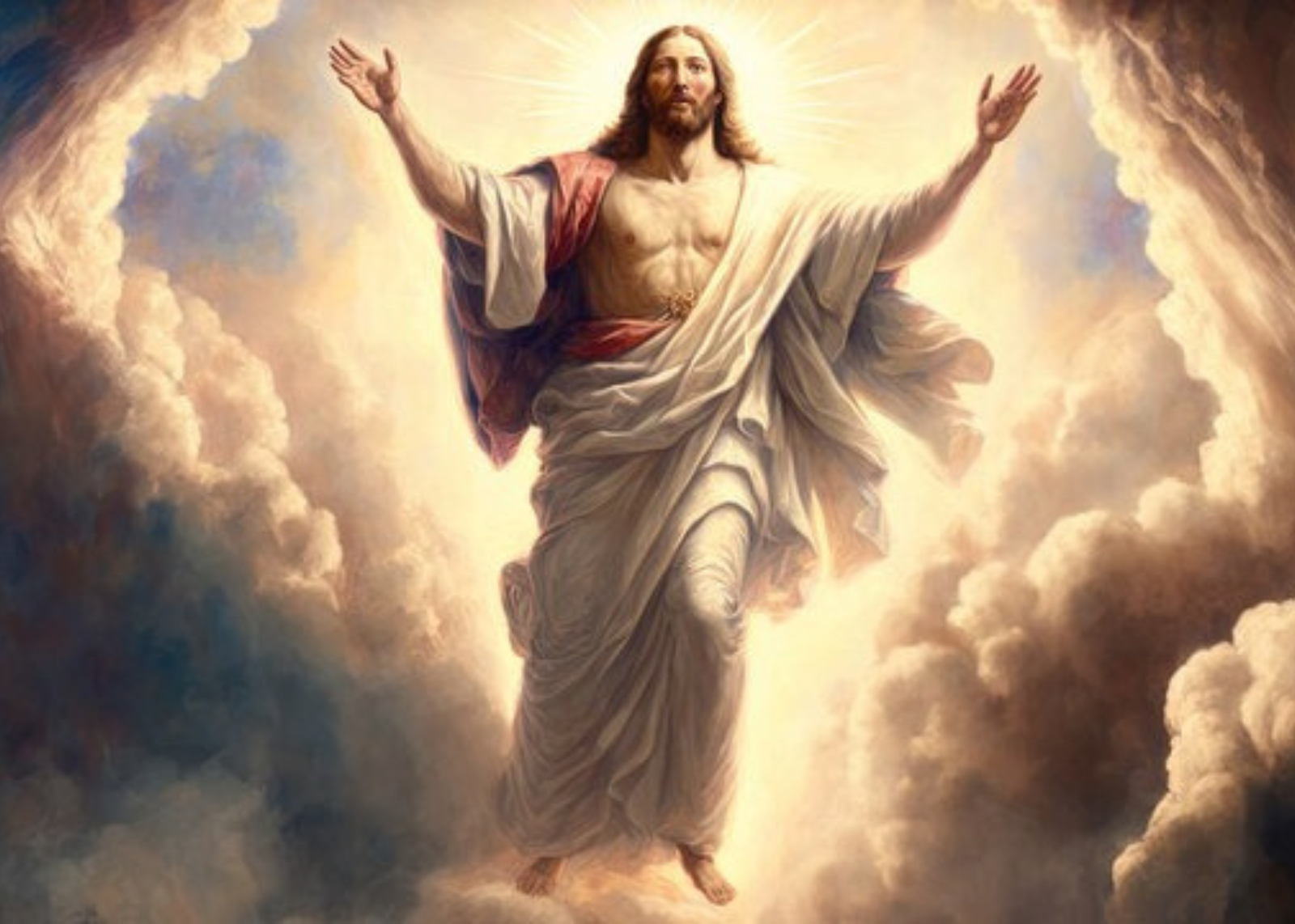Easter stands as a hallmark of the spring season, marked by vibrant celebrations, colorful decorations, and cherished traditions. Yet, amidst the Easter eggs and bunnies, lies a rich tapestry of history and profound significance that transcends mere festivities. In this exploration, we delve into the historical origins of Easter, uncovering its deep-rooted meanings, and extracting invaluable lessons that resonate with individuals on a personal level.
Historical Origins of Easter:
The name “Easter” itself is believed to have been derived from Eostre, the Germanic goddess of spring and fertility, symbolizing new beginnings and the resurgence of life after the harshness of winter. The celebration of Eostre was marked by feasting, fertility rites, and the honoring of nature’s cycles, all of which laid the groundwork for the Easter festivities we observe today.
However, the most profound significance of Easter stems from its association with the Christian faith and the commemoration of the resurrection of Jesus Christ. For Christians, Easter holds paramount importance as it symbolizes the triumph of life over death, hope over despair, and redemption over sin. The crucifixion and subsequent resurrection of Jesus are central tenets of Christian theology, representing the ultimate act of sacrifice and divine love.
Lessons from Easter for the Individual:
Easter offers a treasure trove of lessons that resonate deeply with individuals, regardless of their spiritual beliefs. Let us delve into some of these timeless teachings:
1. Renewal and Rebirth: Just as nature awakens from its wintry slumber during spring, Easter reminds us of the inherent power of renewal and rebirth. It serves as a poignant reminder that no matter how bleak our circumstances may seem, there is always the potential for transformation and growth. It encourages us to shed the burdens of the past and embrace the infinite possibilities that lie ahead.
2. Forgiveness: The Easter story is one of forgiveness and redemption, exemplified by the compassionate act of Jesus willingly sacrificing himself for the salvation of humanity. This profound act underscores the importance of forgiveness in our own lives, both in extending it to others and granting it to ourselves. Easter urges us to release the shackles of resentment and embrace the liberating power of forgiveness, thereby paving the way for healing and reconciliation.
3. Hope and Resilience: In the face of adversity and despair, Easter offers a beacon of hope, reminding us that even in our darkest moments, there is light on the horizon. The resurrection of Jesus embodies the triumph of hope over hopelessness, resilience over defeat. It instills within us the courage to persevere in the face of life’s challenges, knowing that every setback is merely a prelude to a greater comeback.
4. Compassion and Selflessness: At the heart of the Easter narrative lies a profound message of compassion and selflessness. Jesus’ sacrifice serves as a testament to the transformative power of love, urging us to extend kindness and generosity to those in need. Easter calls upon us to look beyond ourselves and embrace the interconnectedness of all humanity
5. Celebration of Life: Above all, Easter is a celebration of life in all its myriad forms. It beckons us to revel in the beauty of existence, to savor each moment with gratitude and reverence. Whether it be through spending time with loved ones, indulging in festive feasts, or simply basking in the warmth of the spring sun, Easter encourages us to embrace the gift of life.
Easter in various Culture:
Easter holds a special place in the hearts of millions, celebrated with a unique blend of religious observance and secular traditions. From attending sunrise services to hunting for Easter eggs, people around the globe partake in a diverse array of customs that reflect the multifaceted nature of the holiday.
For many families, Easter serves as an opportunity to come together in fellowship and celebration, strengthening bonds and creating lasting memories. From preparing elaborate feasts to decorating homes with vibrant flowers and colorful eggs with a sense of joy and reverence, reinforcing the values of love,and gratitude.
In addition to its religious significance, Easter has also become synonymous with the arrival of spring, heralding the season of renewal and growth.

Celebrating Mindfully:
As we immerse ourselves in the festivities of Easter, it is essential to approach the holiday with mindfulness and intentionality. Rather than getting swept up in the commercialized aspects o the holiday, let us take a moment to reflect on its deeper meanings and significance.
One way to celebrate Easter mindfully is by incorporating moments of quiet reflection and prayer into our day. Whether it be attending a religious service or simply spending time in nature, these moments of solitude allow us to connect with our innermost selves and cultivate a sense of spiritual awareness.
Finally, let us remember to embrace the spirit of gratitude and thanksgiving during this Easter season. As we gather with loved ones to celebrate, let us take a moment to express gratitude for the blessings in our lives, both big and small. By cultivating an attitude of gratitude, we can experience greater joy and fulfillment in our lives.
Conclusion:
In conclusion, Easter is much more than just a holiday—it is a journey of self-discovery, renewal, and spiritual awakening. Its historical origins may be rooted in ancient rituals and religious beliefs, but its timeless lessons resonate with individuals of all backgrounds and persuasions. As we embark on this Easter season, let us not only partake in the outward expressions of celebration but also embark on an inward journey of reflection and introspection. May we emerge from this experience with renewed hope, deepened compassion, and a steadfast
commitment to living lives of purpose and meaning. Happy Easter!





Add a Comment